The Party Secretary and Commander of the Dien Bien Phu Campaign was General Vo Nguyen Giap, the first General of the Vietnam People's Army (appointed in 1948), one of the first founders of the Vietnam Propaganda Liberation Army, the predecessor of the Vietnam People's Army.
He was a talented general who had never attended any military school but had won many victories as a commander in previous major campaigns. He was a military man who skillfully applied guerrilla warfare tactics; he was the planner and direct commander of the Dien Bien Phu Campaign in 1954. That campaign achieved a resounding victory that “shook the world”.
In late 1953 and early 1954, the plan to attack the historic Dien Bien Phu stronghold was vigorously prepared according to the method of "fight fast, win fast". This was the first battle in which our Army used 105mm cannons and anti-aircraft guns, so the morale of the troops was very high. Most of the comrades in the Party Committee of the Front, the Campaign Command and foreign experts shared the same opinion: We need to attack immediately while the enemy has not yet reinforced its troops and fortifications. If we do not attack soon, the enemy will increase its forces, the stronghold will become too strong and if we do not attack quickly, it will be difficult to solve the supply problem, because the route from the rear to the front is too far.
However, with the eyes of a military genius, General Vo Nguyen Giap recognized the difficulties and risks of this method of fighting: “Many people thought that the first appearance of howitzers and anti-aircraft guns would make the enemy dizzy, but we only had a few thousand bullets. In particular, everyone believed in the spirit of the troops when they went out to fight, believed in their spiritual strength. But spiritual strength also has its limits. It is not only with high spiritual strength that we can always defeat the enemy! We also cannot win at any cost, because we must preserve our capital for a long-term fight”. Sticking to the battlefield and closely following all developments on the battlefield, the General recognized three major difficulties that we were facing:
 |
“First, our main force has so far only destroyed at most the reinforced enemy battalion with strong fortifications in Nghia Lo. In Na San, we only attacked the battalion positions, below the battalion, the field fortifications located in the stronghold group, there were still unsuccessful battles, with many casualties.
Second, in this battle, although we did not have planes or tanks, we fought a large-scale joint battle with infantry and artillery for the first time without any rehearsals. Recently, a regiment asked to return its artillery because they did not know how to coordinate.
Third, our troops have only ever been accustomed to fighting at night, in terrain that is easy to hide in. Our main force has no experience in attacking during the day on flat terrain, against an enemy with superiority in aircraft, artillery and tanks. The battle will take place on a field 15km long and 6-7km wide...
All those difficulties have not been discussed thoroughly and solutions have not been found.
But how to solve it? The artillery was in position, the battalions were all present at the starting line of the assault. How would the decision to postpone the battle once more affect the morale of the troops...?
I realized that we had to withdraw our units from the battlefield to study another way of fighting, even though the soldiers had doubts. We had to change from the plan of “fighting fast, winning fast” to “fighting steadily, advancing steadily.” (excerpt from “Dien Bien Phu, the historical rendezvous”).
Previously, when our army was preparing to move artillery into the battlefield, the General was very concerned about the plan of “fighting fast, winning fast”, but did not have enough practical basis to reject this plan. He also sought the opinions of comrades in the Campaign Command and military experts from neighboring countries, but did not receive consensus. This time, when there were practical arguments, the General decided to organize a meeting of the Party Committee of the Front to solicit opinions and decide on the method of fighting.
In this meeting, after recording all opinions, the General pointed out all the difficulties and repeated Uncle Ho's advice before leaving for the campaign: "This battle is very important, we must fight to win. Only fight if we are sure of victory, and not sure of victory. Because if we lose, we will lose all our capital". With the General's thorough analysis, the Party Committee reached a consensus that if we implement the method of "fighting quickly, winning quickly", the battle may encounter many difficulties that we do not have specific measures to overcome and the General came to the conclusion: "To ensure the highest principle of "fighting surely to win", we need to change the motto of destroying the enemy from "fighting quickly, winning quickly" to "fighting surely, advancing surely". Now we decide to postpone the attack. Order the troops on the entire line to retreat to the assembly point and pull out the artillery".
This decision was truly a mental blow to the General. How much sweat and blood of the soldiers, how much money of the people had been poured into opening 82km of road and pulling the artillery into the battlefield, now receiving orders to pull the artillery out, how could it not have a strong impact on the soldiers' morale? Before that, the battle had to be postponed for 5 days (from January 20 to January 25, 1954) due to difficulties in pulling the artillery into the battlefield, now it was postponed again without a set time to start the campaign, what would happen to the soldiers' mindset? Changing the way of fighting could affect the political life of the commander, but because the ultimate goal was to win for sure, because if he took the risk, he could "burn" thousands of soldiers on the battlefield in vain, so the General came to the final decision to pull the artillery out after 11 days and nights of thinking.
The victory of the Dien Bien Phu Campaign bore his mark in creating the situation, organizing logistics, and changing tactics. After this Campaign, the Geneva Agreement on Indochina was signed, putting an end to the French presence in Vietnam after more than 80 years.
A talented organizer and patient man, General Vo Nguyen Giap gradually built the Vietnam People's Army from 34 men in December 1944 to an army of more than one million men in 1975. As a master strategist and tactician, he led the army to victory in both wars. The General's name is associated with an internationally significant victory of the Vietnam People's Army in the battle of Dien Bien Phu - the first time the army of an Asian colony defeated the army of a European power on the battlefield.
With more than 50 years of high-level political activities, including 30 years as Commander-in-Chief of the Army, he has great prestige in the Communist Party of Vietnam, in the Army and among the people, considered one of the outstanding students of President Ho Chi Minh and the Elder Brother of the People's Army.
He is known to the world as one of the famous generals of the 20th century - the one who defeated many French army generals in the resistance war against the French colonialists and in turn fought many famous generals of the US army in the resistance war against America to save the country.
According to People's Army Newspaper
Source


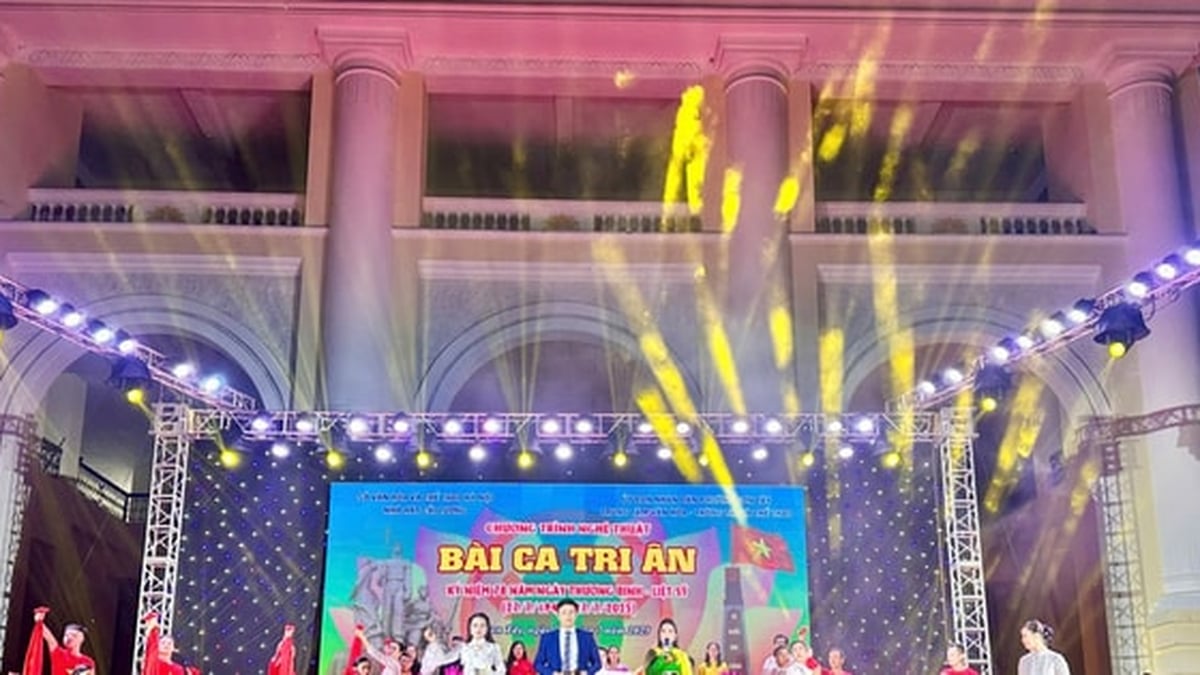
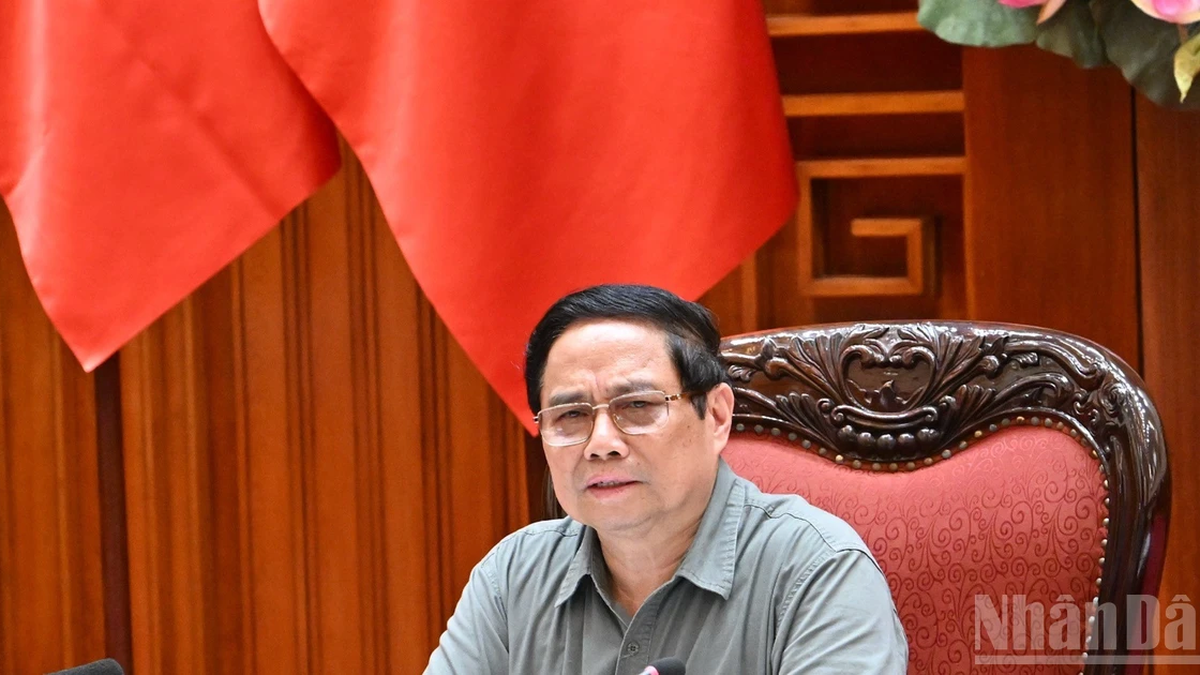

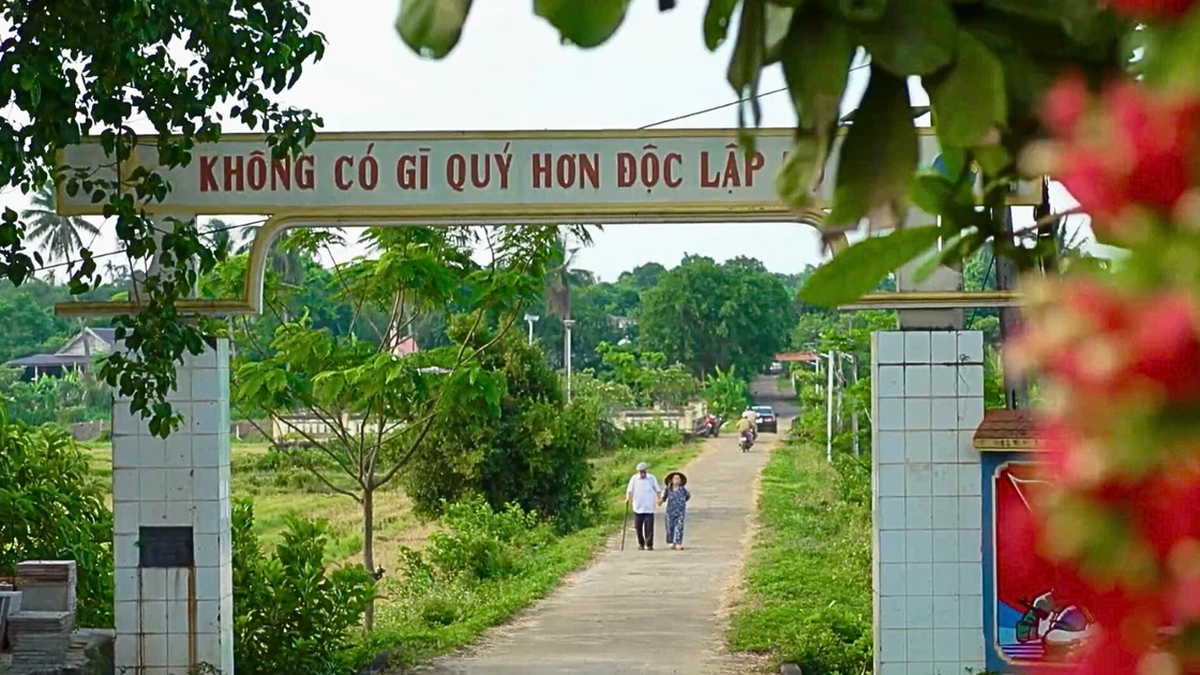
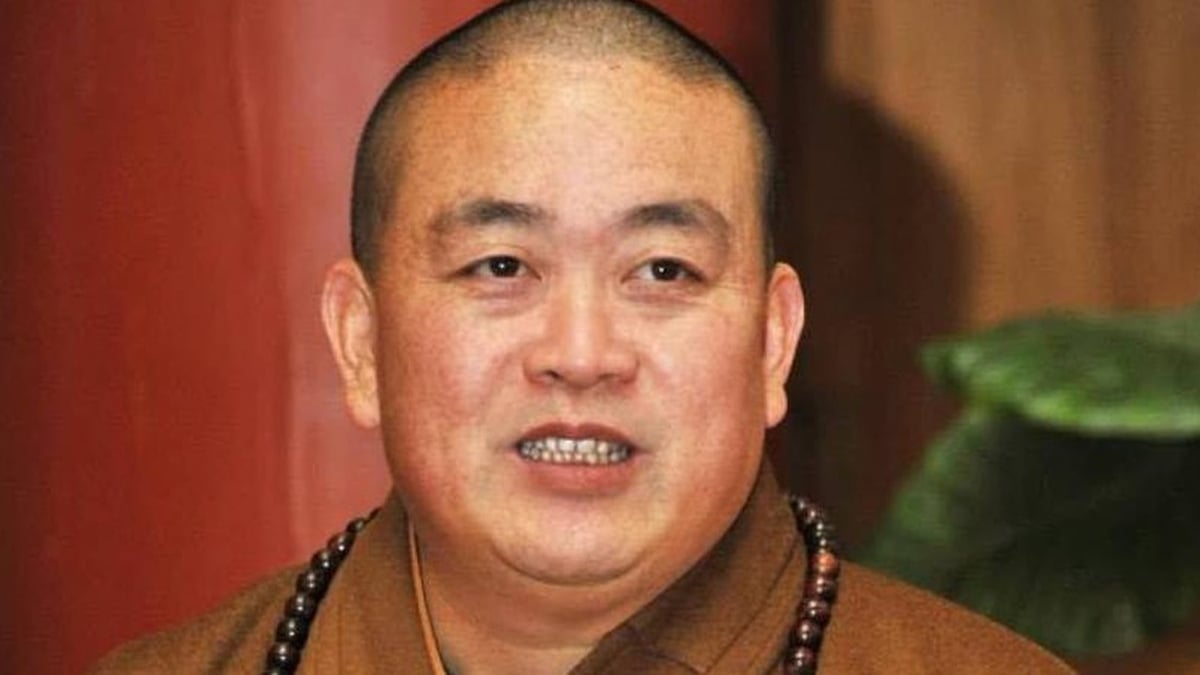
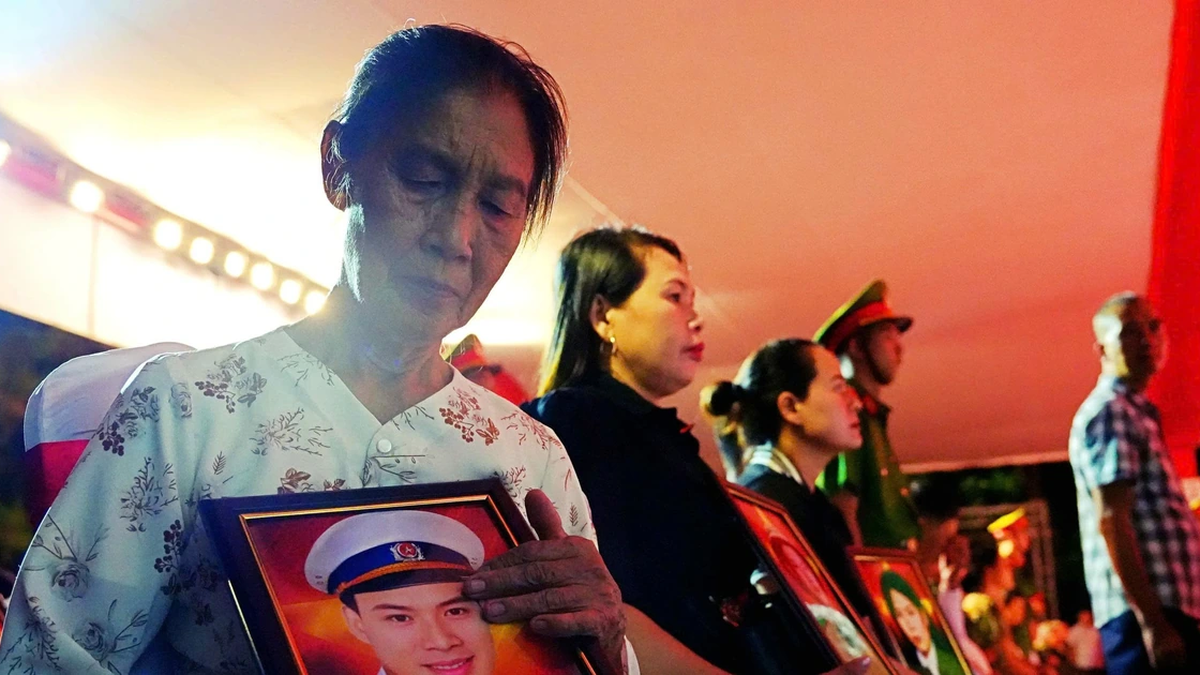
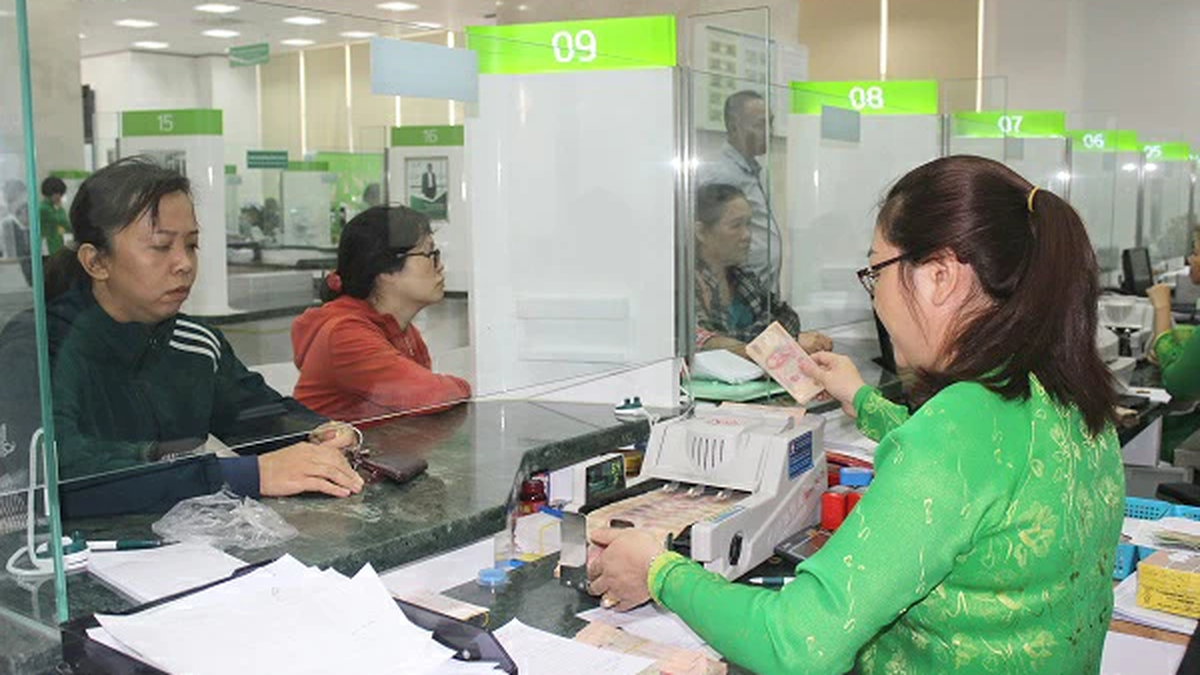
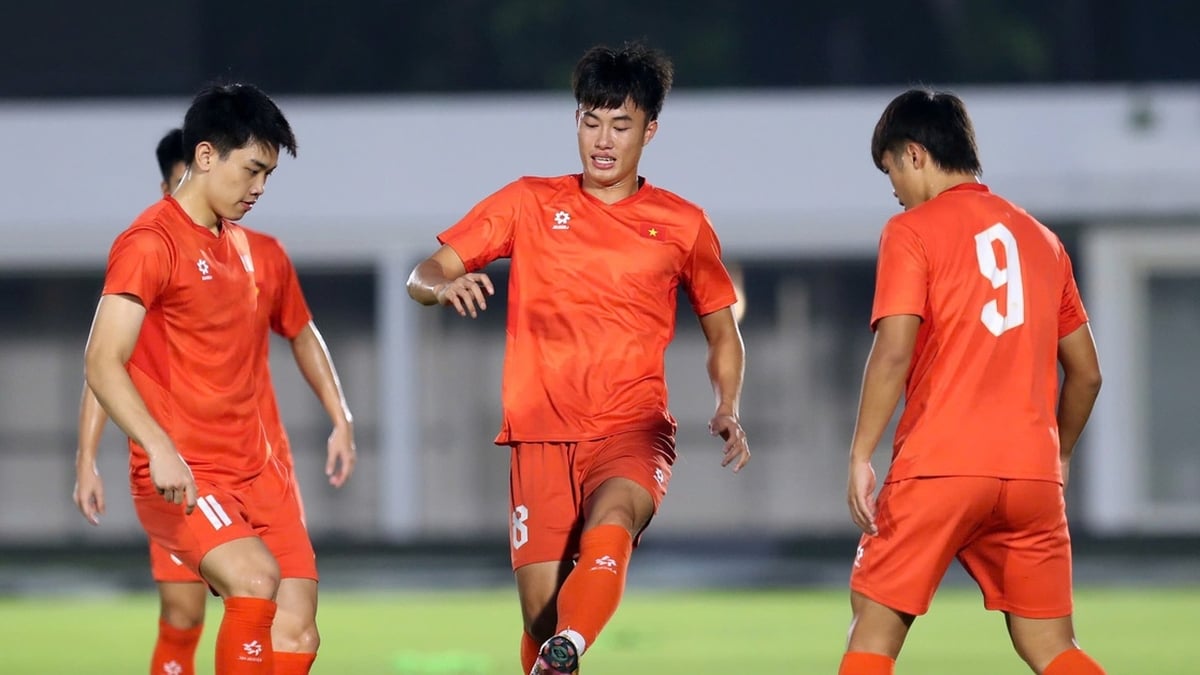
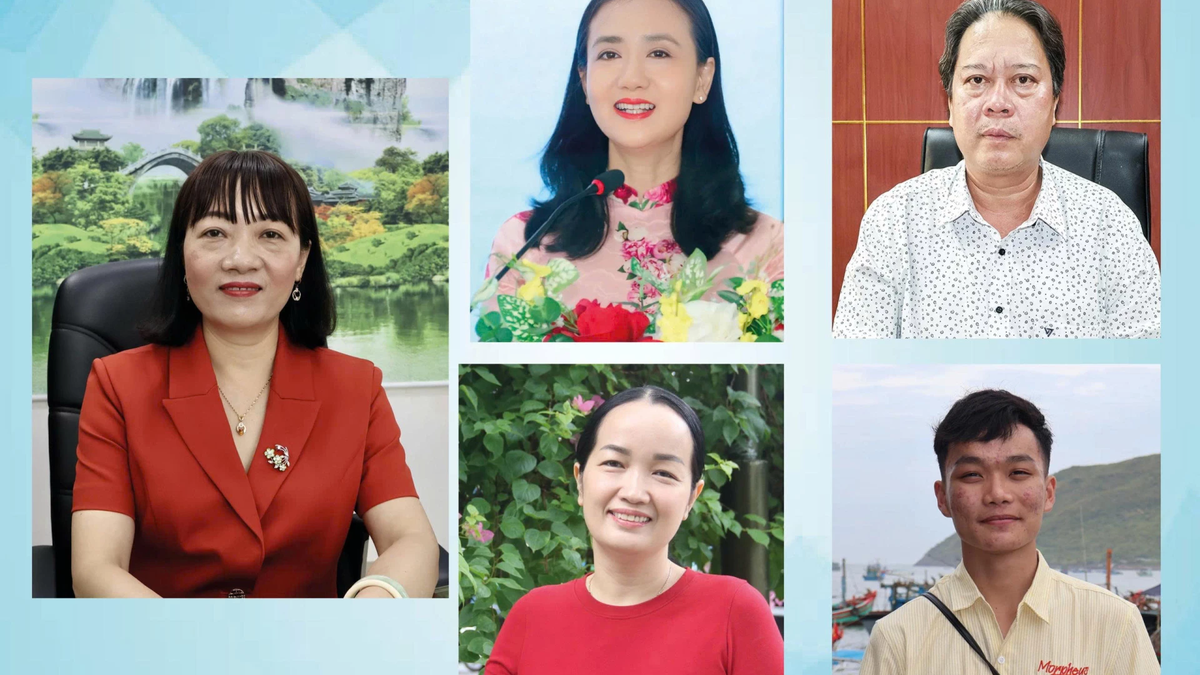
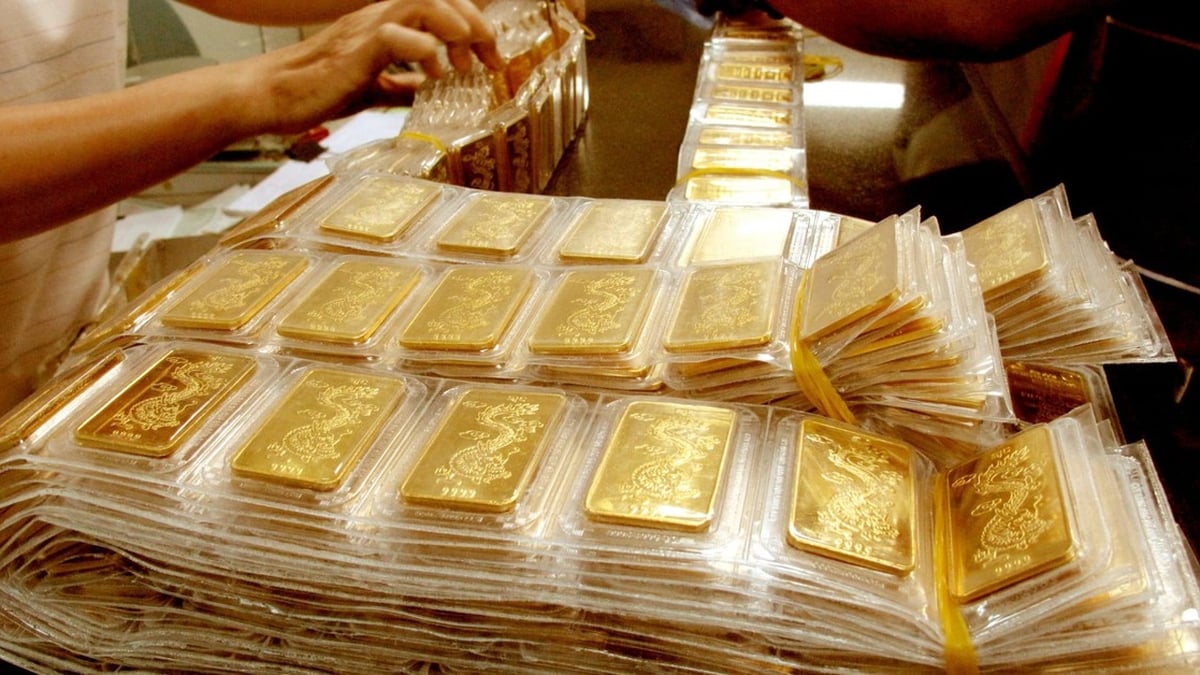






















































































Comment (0)